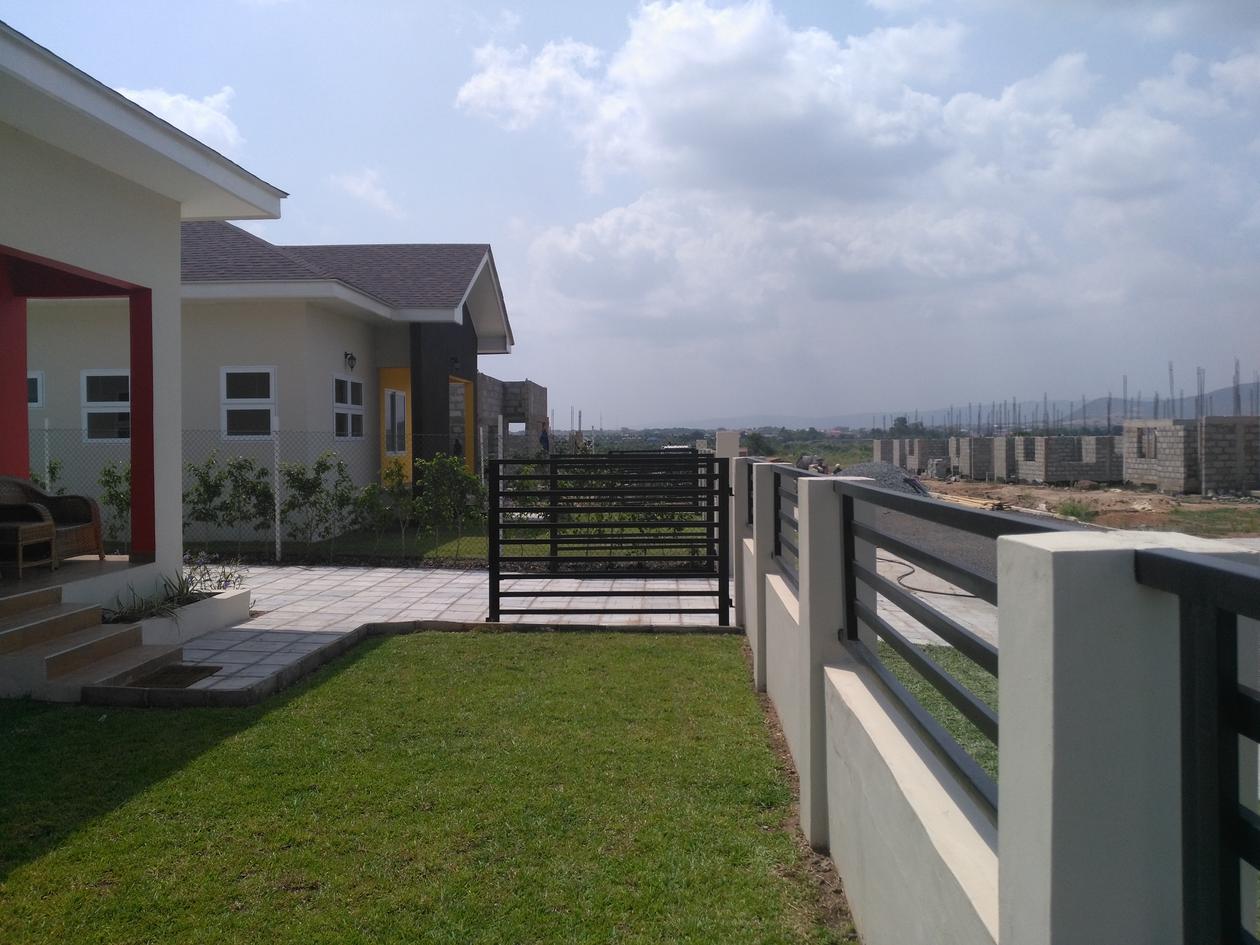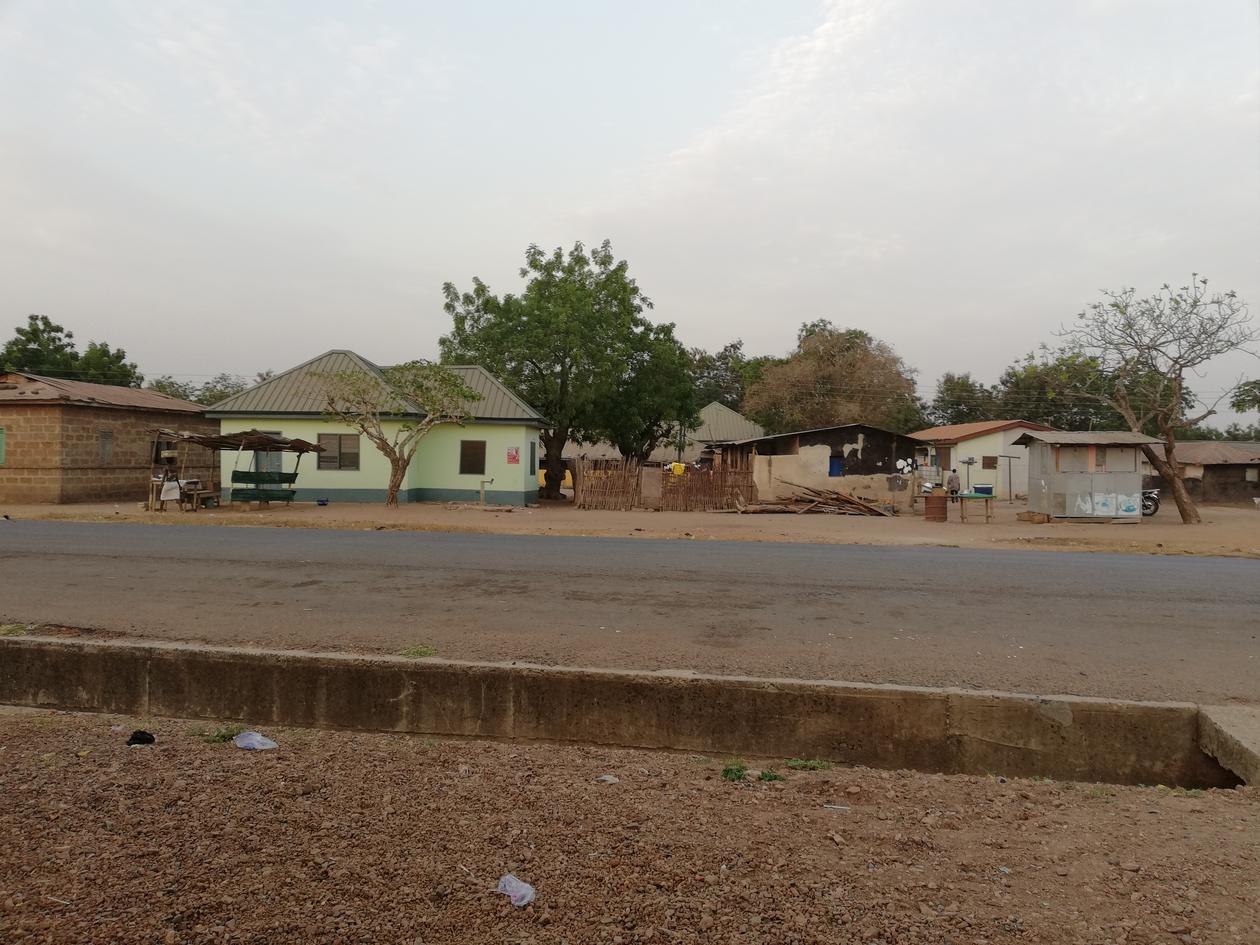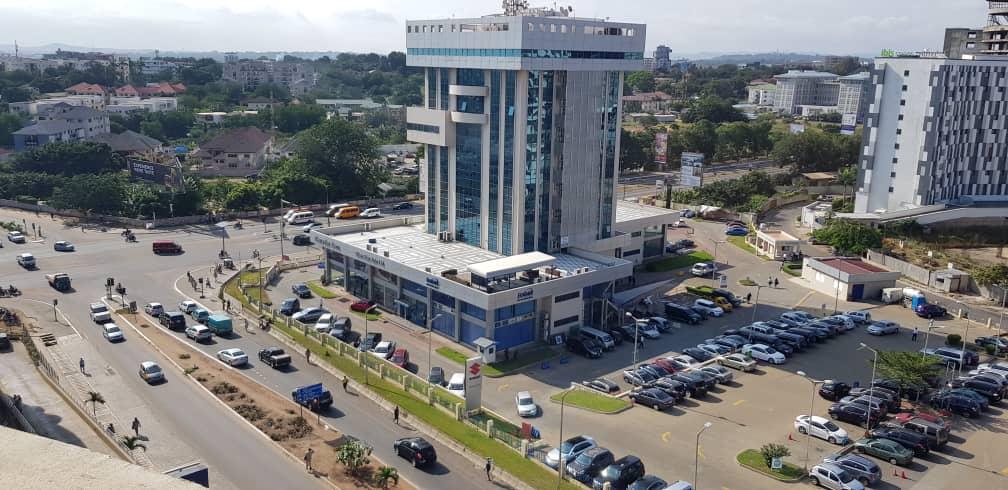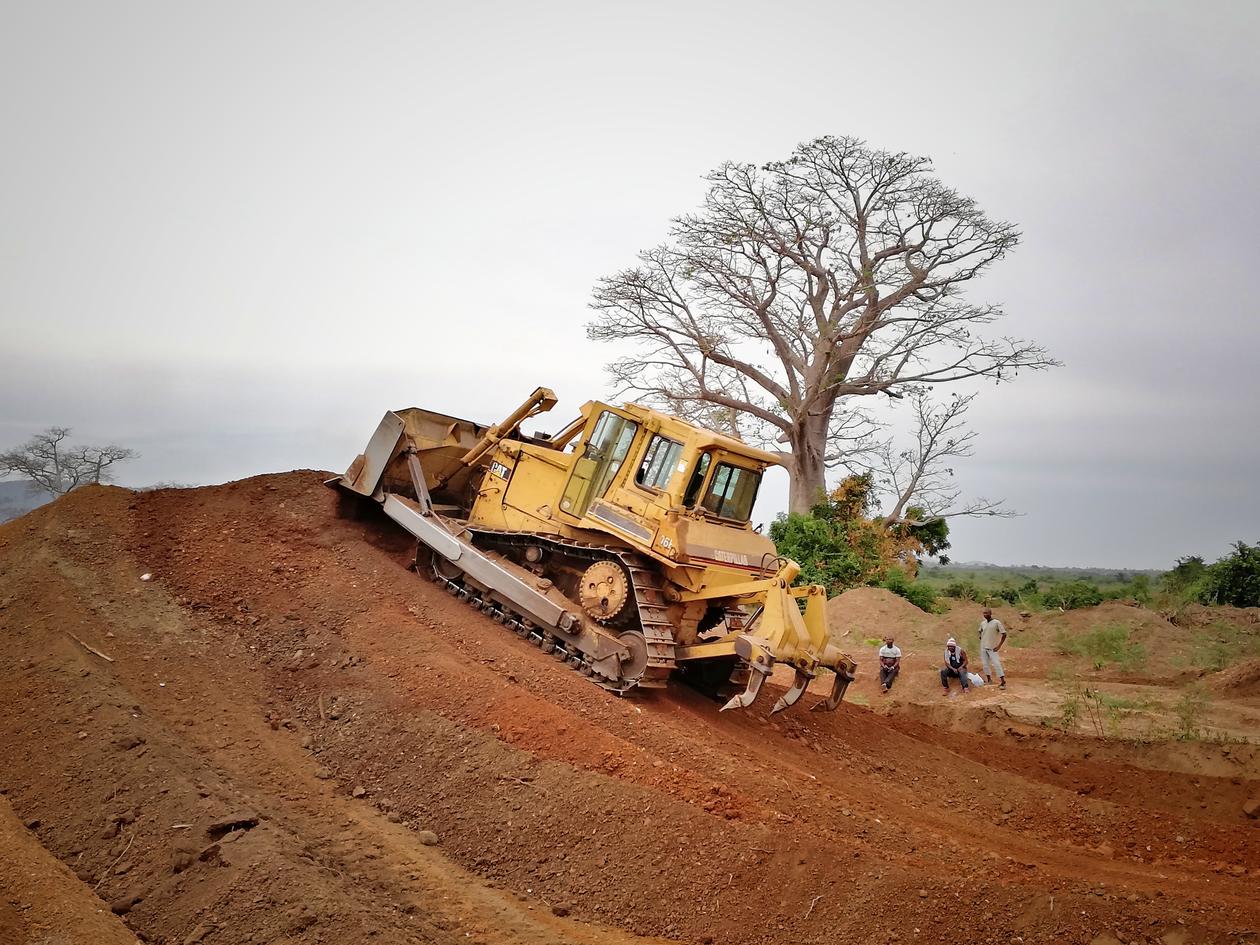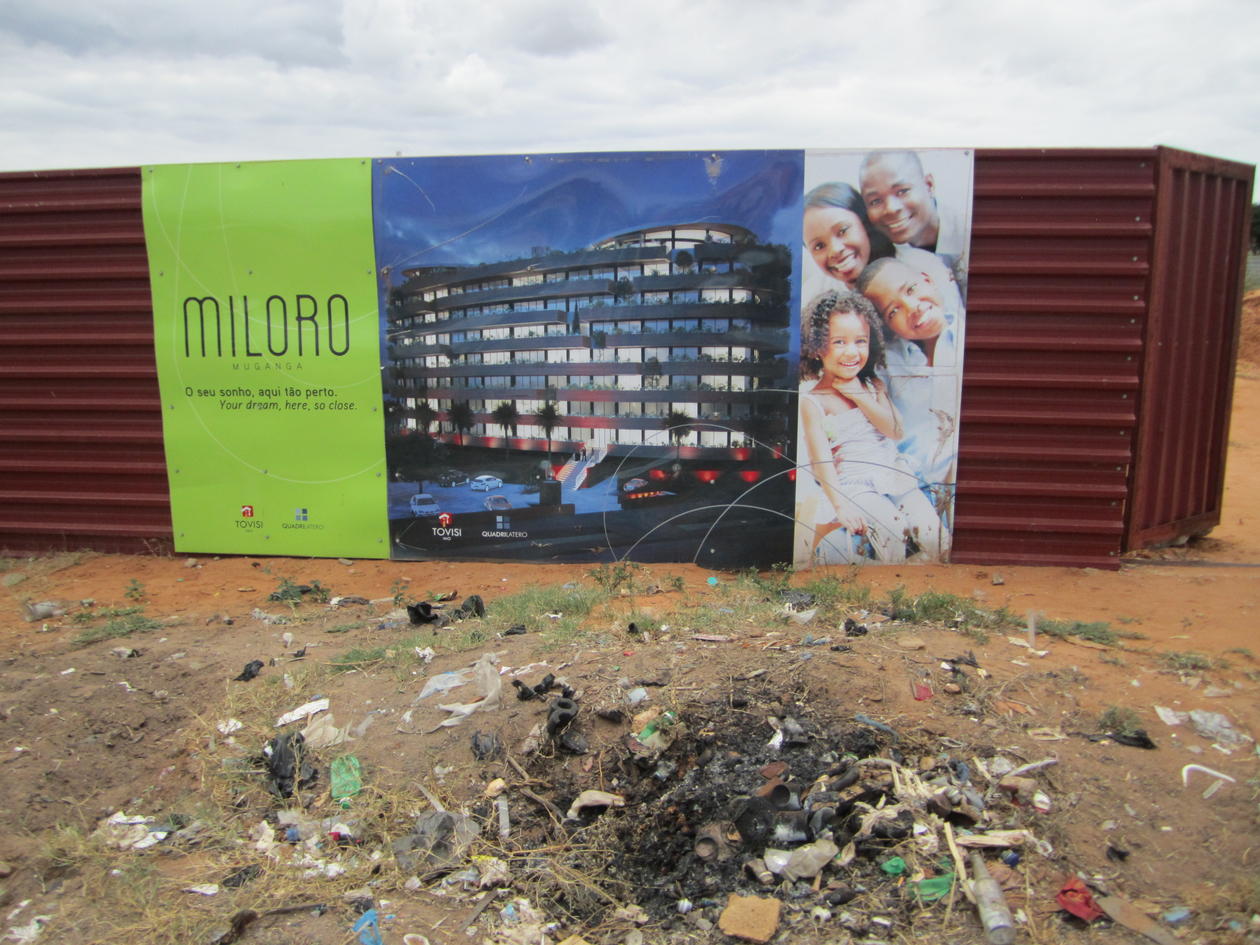Subprojects and case studies
UrbanEnclavingFutures consists of two principal subprojects: Financing and Inhabiting. Read more about them, and the researchers' case studies here.
Main content
UrbanEnclavingFutures is divided into two main subprojects: SP1 (Financing) and SP2 (Inhabiting). Within each of these are the researchers respective case studies. Below is an overview and description of subprojects and the researchers' adhering case studies.
| Subproject | Dimension | Field sites | Co-investigators |
| SP1 Financing | Investment | Appolonia (Accra) Johannesburg | Austin D.Ablo, |
| SP2 Inhabiting | Sociality | Appolonia (Accra) Johannesburg Casa Jovem (Maputo) | Ragnhild Overå, Oda Eiken, Nolwazi Mkhwanazi |
SP1 and SP2 are deliberately "cross-sited" as part of project's overall comparative methodological approach.
SP1 Financing
SP1 Financing investigates new forms of investment in and financing housing developments, by studying the ways in which private corporate investors intervene in the management of urban inequality, focusing on the various sites for planned, emergent and ongoing housing development in and beyond the field sites. SP1 co-investigators include Austin D. Ablo, Claudia Gastrow and Jason Sumich.
Case studies
SP2 Inhabiting
SP2 Inhabiting investigates new forms of sociality, by studying how upwardly mobile and established middle-class urbanites conceive of and reproduce the logic of enclaving in their intimate and family lives. SP2 thus explores new forms of securing differentiated urban domains, by also focusing on the interaction and new forms of gated and non-gated contruction of sociality that emerge within urban spaces. SP2 co-investigators include Ragnhild Overå, Oda Eiken, Nolwazi Mkhwanazi and Sandra Manuel.
